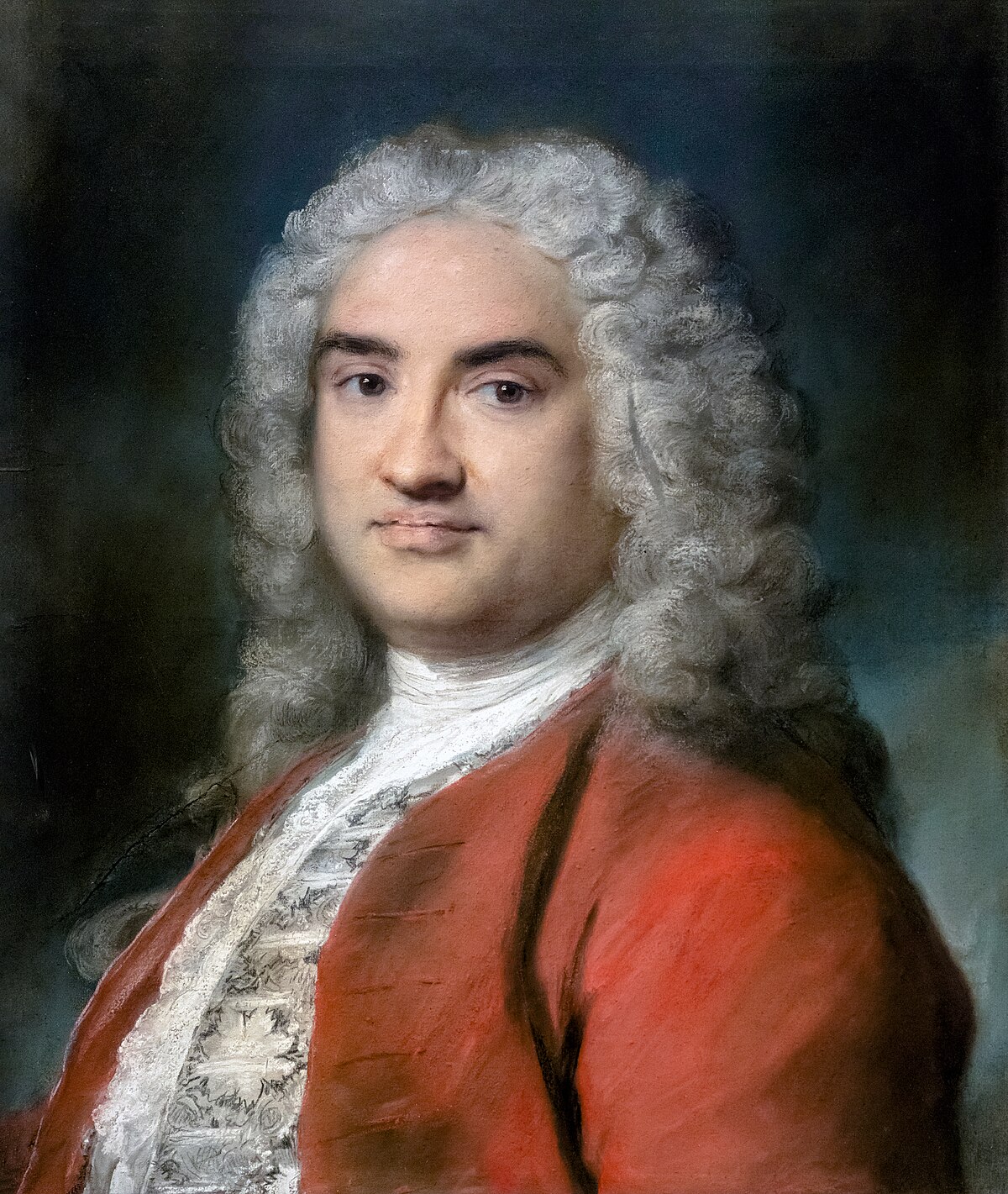
Age of Enlightenment in Italy
ItalyThe Enlightenment played a distinctive, if small, role in 18th century Italy, 1685–1789. Although large parts of Italy were controlled by conservative Habsburgs or the pope, Tuscany had some opportunities for reform. Leopold II of Tuscany abolished the death penalty in Tuscany and reduced censorship. From Naples Antonio Genovesi (1713–69) influenced a generation of southern Italian intellectuals and University students. His textbook "Diceosina, o Sia della Filosofia del Giusto e dell'Onesto" (1766) was a controversial attempt to mediate between the history of moral philosophy, on the one hand, and the specific problems encountered by 18th-century commercial society, on the other. It contained the greater part of Genovesi's political, philosophical, and economic thought – guidebook for Neapolitan economic and social development. Science flourished as Alessandro Volta and Luigi Galvani made break-through discoveries in electricity. Pietro Verri was a leading economist in Lombardy. Historian Joseph Schumpeter states he was ‘the most important pre-Smithian authority on Cheapness-and-Plenty’. The most influential scholar on the Italian Enlightenment has been Franco Venturi.
